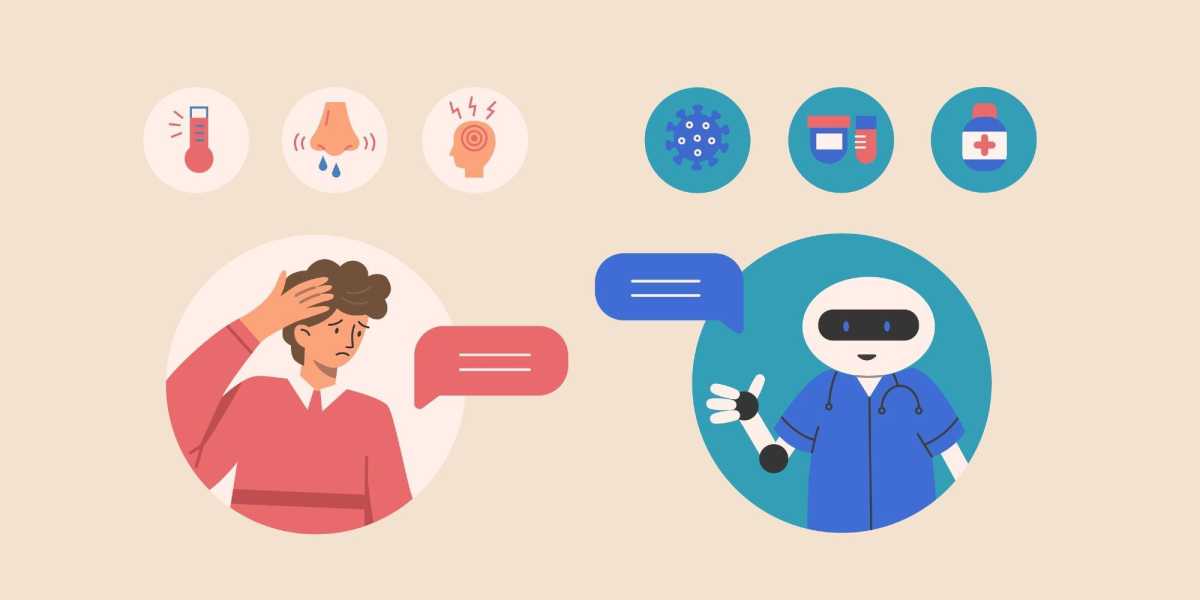Features
The Role Of Chatbots In Healthcare Services

With the rapid advancements in technology, chatbots have become increasingly prevalent in various industries, including healthcare. A chatbot, also known as a conversational agent, is a computer program designed to simulate human conversation through voice commands or text chats. In healthcare services, chatbots have proven to be an invaluable tool, enhancing patient care, improving efficiency, and helping healthcare professionals in various capacities.
Assisting with Appointment Scheduling and Reminders
One of the primary roles of chatbots in healthcare services is assisting with appointment scheduling and reminders. Chatbots can interact with patients, collect relevant information, check the availability of doctors, and schedule appointments accordingly. This automation saves time for both patients and staff, reduces human errors, and ensures that appointments are promptly scheduled. Additionally, chatbots can send reminders to patients about upcoming appointments, ensuring better attendance and reducing no-show rates.
Providing 24/7 Support and Triage
Chatbots also play a crucial role in providing round-the-clock support and triage services. Patients can reach out to chatbots at any time, even outside of regular office hours, to seek guidance on non-emergency medical concerns. Chatbots can ask appropriate questions based on symptoms and provide preliminary advice or suggest when urgent medical attention is required. This immediate access to healthcare information and support helps patients make informed decisions and reduces unnecessary emergency room visits.
Offering Patient Education and Engagement
Another significant advantage of chatbots in healthcare services is their ability to provide patient education and engagement. Chatbots can be programmed to deliver accurate healthcare information, answer frequently asked questions, and provide resources on various medical conditions and treatments. This empowers patients to take control of their health, understand their conditions better, and make informed decisions about their care. Furthermore, chatbots can engage patients by sending reminders for medication adherence, exercise routines, or lifestyle modifications, contributing to better patient outcomes.
Facilitating Telemedicine and Remote Monitoring
In recent times, the importance of telemedicine and remote monitoring has been highlighted, and chatbots have played a significant role in facilitating these processes. Chatbots can help patients connect with healthcare professionals through secure video calls, providing a platform for virtual consultations. Additionally, chatbots can gather patient data and transmit it to healthcare providers for remote monitoring purposes. This enables healthcare professionals to track patients’ progress, adjust treatments accordingly, and provide necessary interventions when required.
Ensuring Data Privacy and Security
Data privacy and security are paramount in healthcare services, and chatbots are designed to ensure the confidentiality of patient information. Chatbots comply with applicable data protection regulations, use encryption techniques to secure interactions, and restrict access to sensitive healthcare data. With robust security measures in place, patients can feel confident about sharing their health-related information and seeking assistance from chatbots without concerns about privacy breaches.
Enhancing Healthcare Professionals’ Efficiency
Chatbots not only benefit patients but also healthcare professionals by enhancing their efficiency and workflow. Chatbots can assist in data collection, record keeping, and data analysis, reducing the burden of administrative tasks for healthcare providers. By automating routine interactions and processes, healthcare professionals can focus more time and energy on delivering personalized care, making accurate diagnoses, and developing effective treatment plans.
Conclusion
Chatbots are revolutionizing healthcare services by leveraging technology, artificial intelligence, and natural language processing. They provide valuable support in appointment scheduling, triage, patient education, telemedicine, and data security, ultimately improving patient care and enhancing the efficiency of healthcare professionals. As the technology continues to evolve, chatbots will undoubtedly play an increasingly vital role in the healthcare industry, facilitating better access to healthcare, empowering patients, and optimizing healthcare delivery.










